Septic Inspection for Property Buyers and Sellers
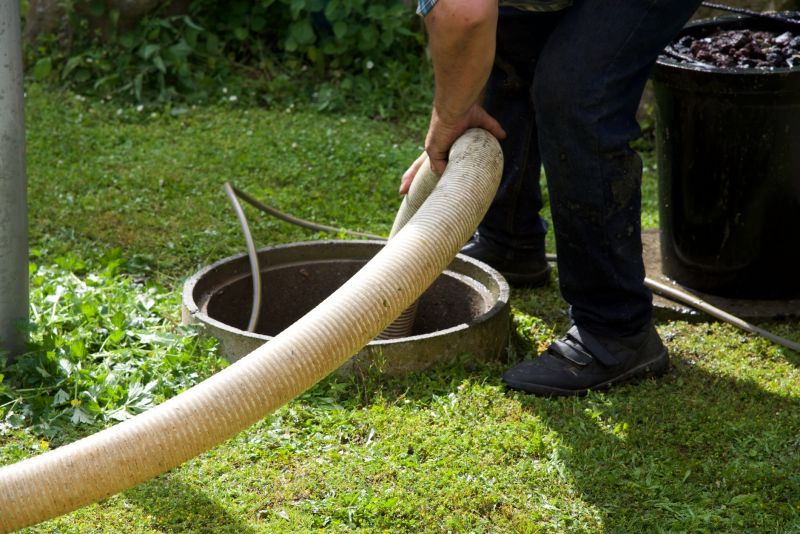
A comprehensive assessment of septic systems involves inspecting the tank, drain field, and overall system integrity to ensure proper functionality.
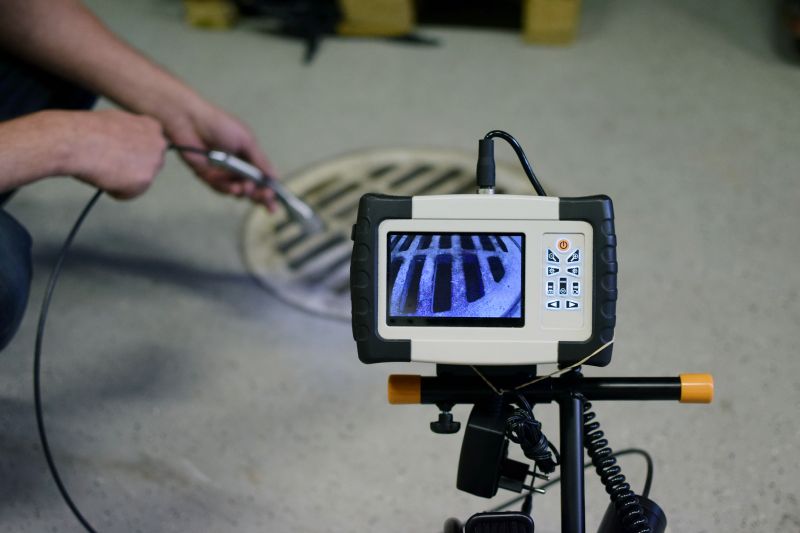
Specialized tools such as sludge level gauges and diagnostic cameras are used to evaluate the condition of septic components accurately.
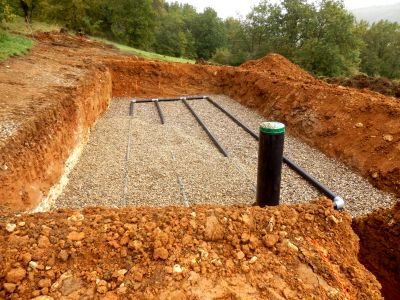
Visual examination of the property includes checking for signs of system failure, such as odors, pooling water, or lush vegetation over the drain field.
Septic inspections are vital for maintaining the health and functionality of on-site wastewater treatment systems. Regular evaluations can identify potential issues before they become costly repairs or environmental hazards. Properly functioning septic systems prevent groundwater contamination and ensure compliance with local regulations.
Statistics indicate that nearly 25% of homes in rural areas rely on septic systems. Routine inspections can extend the lifespan of these systems and avoid unexpected failures. Experts recommend scheduling inspections every three to five years, depending on usage and system age.
Duration of a Septic Inspection
A professional septic inspection typically takes between one to three hours. The duration depends on the system's size, accessibility, and complexity. Efficient inspections include a thorough examination of all components and detailed reporting.
Septic Inspection Process
The inspection process begins with a visual assessment of the site and system components. Technicians then evaluate the septic tank's sludge and scum levels, inspect the drain field for signs of failure, and check for leaks or blockages. In some cases, diagnostic tools such as cameras or pressure tests are employed to gather more detailed information.
Importance of Professional Septic Inspections
Hiring a professional ensures that inspections are thorough and accurate. Experts possess the knowledge, experience, and equipment necessary to detect issues that may not be visible during a basic visual check. Professional evaluations help prevent system failures, protect property value, and ensure environmental safety.
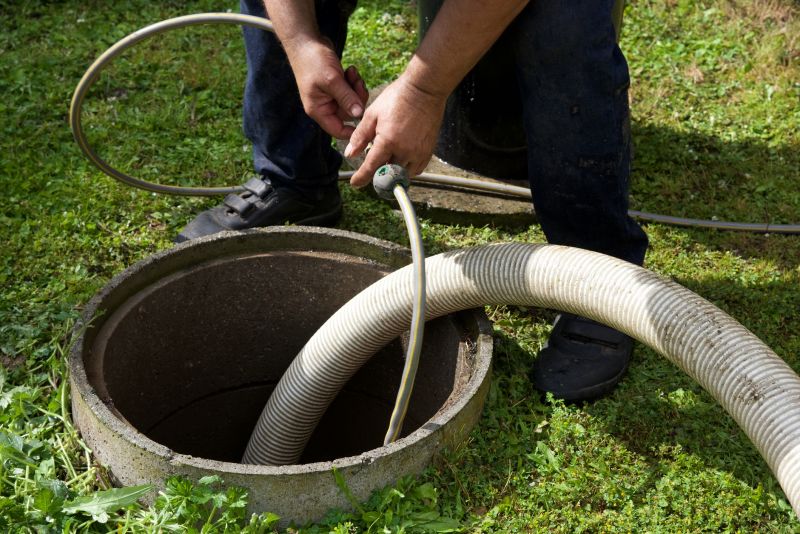
A well-maintained septic system after inspection, showcasing proper installation and functioning components.
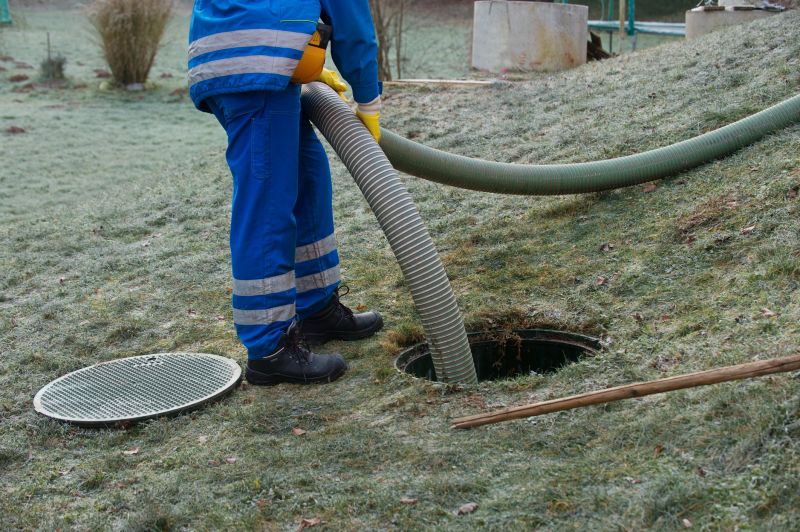
Technicians conducting a thorough assessment using specialized tools to evaluate septic system health.
Routine septic inspections are essential for ensuring the longevity and reliability of wastewater systems. Regular evaluations help identify potential problems early, saving property owners from costly repairs and environmental issues. Proper maintenance based on inspection findings supports compliance and peace of mind.
